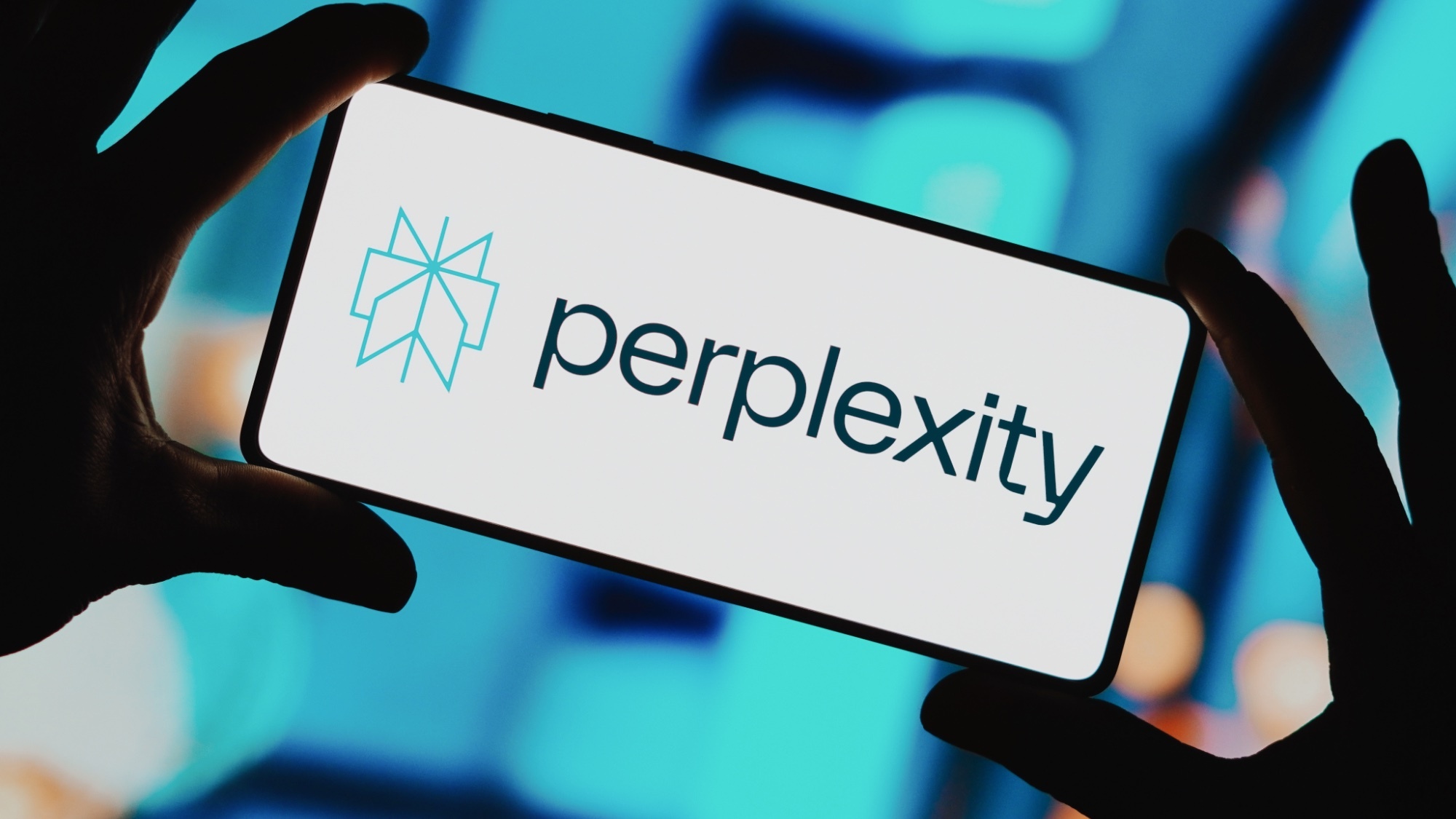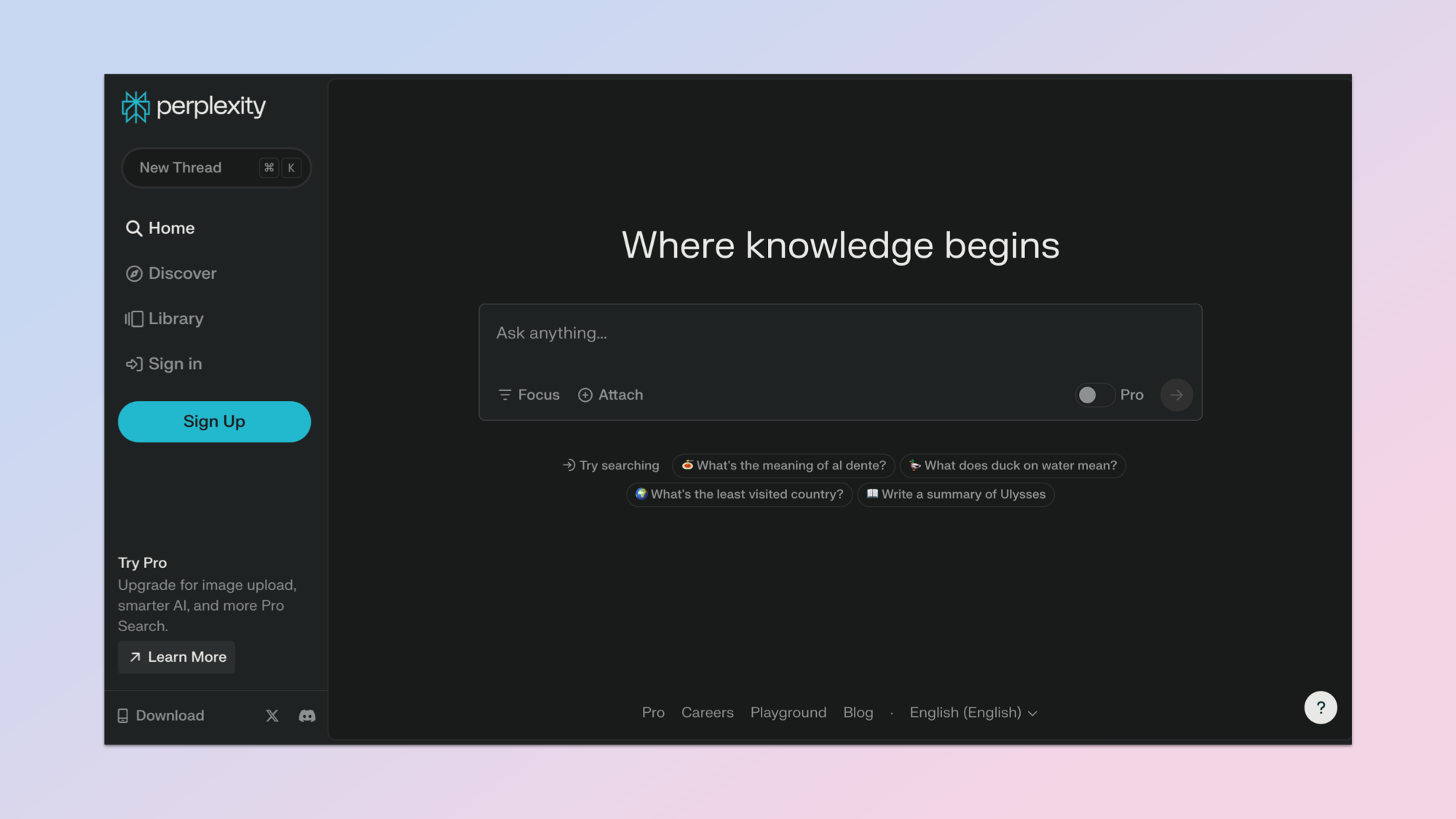
Perplexity has quickly become a force in the world of search, using artificial intelligence to offer answers to questions rather than a simple page of links. Its founder hopes to build on this and challenge Google to become the place to find information online.
This is something Google has dipped its toe into with the opt-in “Search Generative Experience” experiment, but coming from such a dominant position has made it reluctant to rock the boat.
Just as Google disrupted Yahoo, Lycos, and Infoseek two decades ago by offering something different, being faster and more efficient — it could be about to suffer the same fate to a smaller, more nimble competitor.
Perplexity uses a range of methods to offer its results, including custom-built large language models, OpenAI’s GPT-4, and, it seems, Google’s own data.
First reported by The Information, results for similar queries seem to be ordered the same in Perplexity and Google. CEO Aravind Srinivas, an outspoken opponent of Google, admitted to using Google's ranking signals if the AI thinks it is the best indicator of link quality.
What is Perplexity?

Founded in 2022 by former Google and OpenAI employees, the company has raised over $100 million, including investment from AI giant Nvidia, whose CEO, Jensen Huang admits to using it "almost every day" as both a search engine and chatbot.
Its interface is more ChatGPT than Google, but at the core, it is primarily a search engine, offering up a list of results but presented with analysis and in a conversational format.
The free version offers simple responses, sources for every statement made, and images. If you want a more immersive experience, you can also pay for the premium plan, which includes image input and generation.
It is like taking ChatGPT and Google and pushing them together into a new app, but in such a way that it actually works, services up information, and respects the source of the information.
As well as its own base model and offering a range of free models, Perplexity also offers access to a wide range of powerful models to answer questions, such as Claude 3 Opus, GPT-4-Turbo, and Mistral Large in the Pro plan.
Perplexity CEO Aravind Srinivas has previously claimed Google would be viewed as something that is legacy and old, whereas his company would be seen as the next generation and future.
Personally, I'm a huge fan of the way Perplexity works. It is intuitive, simple enough for casual use, and complex enough for those of us wanting to take a deeper dive into AI. It actually gives me answers to the questions I'm asking with sources.
How does Perplexity work?
It is like taking ChatGPT and Google and merging them into a new app, but in a way that actually works, services up information, and respects the source of the information.
While ChatGPT and Google Gemini can provide links and sources of information, it is largely hidden or hard to find. Copilot does a better job, but Perplexity works well at exposing information online in a way that doesn’t make it secondary to the chatbot.
While Google's search signals inform the results, Srinivas says Perplexity doesn't actually copy the results themselves, that it has its own bots to crawl the web and index information — the same as Google.
It uses APIs from Bing for its ranking signals and likely uses a third party to get the Google data, as the search giant holds this information a closely guarded secret. These rankings determine how important a website is for a specific term or topic.
Srinivas says they take a number of data points to determine its ranking including how recently it was updated, not just the Google and Bing ranking data. This is then fed into its AI, where further analysis happens, and summaries are created.
Why is using Google rankings an issue?
competition doesn't kill companies; companies kill themselves by not focusing on users and long-term thinkingMarch 15, 2024
On its own, this isn’t a problem at all. If your goal is to answer questions and provide information, then the more data points, the better. Still, Srinivas's past boasts about the newness and value of his technology lose some weight when they utilize the “legacy tech” of Google.
The claims of using Google and Bing in the process of setting rankings for Perplexity also doesn't come at a great time for the company.
According to the Information, OpenAI is building a dedicated search product that is powered by Bing but uses its own powerful AI to provide analysis, ranking, and summarization of results.
This could even be integrated into ChatGPT, offering a fast search product to compete with Google and Perplexity.
Srinivas, however, may not care. He is a big proponent of competition, writing on X: "Competition doesn't kill companies; companies kill themselves by not focusing on users and long-term thinking."







